TikTok and ByteDance are suing the US government over legislation that could ban the app, sparking a legal battle that could last until mid-2025.
TikTok and its parent company ByteDance, headquartered in China, filed a lawsuit on May 7 with the District of Columbia Federal Court of Appeals after President Joe Biden signed the Protecting Americans from Foreign-Controlled Apps Act (PAFACA) into law on April 24. PAFACA requires Bytedance to divest its stake in TikTok or the social media platform will be banned in the US.
"For the first time in history, the United States Congress has passed legislation that could permanently ban a platform nationwide," TikTok and ByteDance said in the lawsuit. PAFACA sets a January 19, 2025, deadline for ByteDance to sell TikTok, with the White House able to extend that deadline by 90 days if the parties make "substantial progress."
TikTok files lawsuit directly with the District of Columbia Federal Court of Appeals due to "exclusive jurisdiction" as provided for in PAFACA. Accordingly, this court alone has the authority to hear complaints related to the law. It is also considered the second highest court in the US, after the Supreme Court, because it handles many lawsuits affecting people across the country.
According to experts, the move shows that ByteDance has no intention of selling TikTok shares and will initiate a protracted legal battle with the US government, possibly requiring the US Supreme Court to intervene.
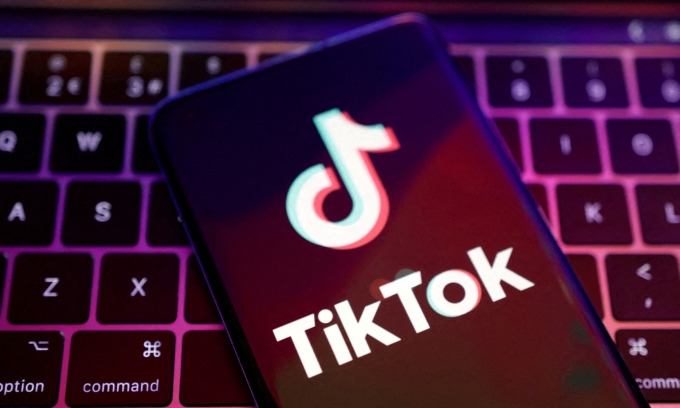
The TikTok logo is displayed on a phone screen taken in August 2022. Photo: Reuters
In the lawsuit, ByteDance and TikTok accuse the US government of "banning" a social media platform, violating the First Amendment of the US Constitution on freedom of speech. They also argue that ByteDance's divestment of TikTok is "commercially, technologically and legally impossible".
"If TikTok is banned, the 170 million users in the United States who use the platform to interact in ways that are not possible elsewhere will be silenced," the two companies said, adding that they would continue to provide services to US users during the lawsuit.
Previously, the White House affirmed that the US government did not want to ban TikTok, and PAFACA was only a regulation on ownership of TikTok, ensuring that the company would no longer have contact with ByteDance due to national security issues.
The Biden administration has argued that a Chinese-based company like ByteDance owning TikTok would pose a national security threat to the United States, as user data could be transferred to Beijing at the behest of the Chinese government. Both ByteDance and TikTok have denied the allegations.
TikTok has been under the US government’s warnings for years, as relations between Washington and Beijing have been strained over a number of issues. In August 2020, then-US President Donald Trump signed an executive order requiring TikTok to cut ties with ByteDance within 45 days or be banned from the US. TikTok sued in the District of Columbia federal court and won, arguing that Trump’s executive order violated the First Amendment’s right to free speech.
“If PAFACA were to be treated as a ban on free speech, it would face considerable skepticism from the courts,” said Timothy Zick, a professor of constitutional law at William & Mary Law School.
TikTok also said the law would hurt American creators who benefit economically from the platform. As for data security concerns, the company has responded that it has spent more than $2 billion to separate its US and Chinese operations. American user data is stored on US soil, by a US company and overseen by US employees, and is not transferred to China, as the White House has feared.
The legal battle will put the Biden administration at a disadvantage, as the White House will have to disclose sensitive and classified information to justify why PAFACA is necessary and justified. US officials have warned that TikTok’s algorithm poses a threat that could be used by the Chinese government for large-scale influence campaigns on the American public, but have not provided evidence.
“When it comes to political debate, Congress has argued that restricting China’s access to US user data is in the national security interest,” Zick said. “But in court, the US government will have to provide evidence that these concerns are real, not speculative. The White House will also have to explain why it cannot and will not pursue a less coercive option.”
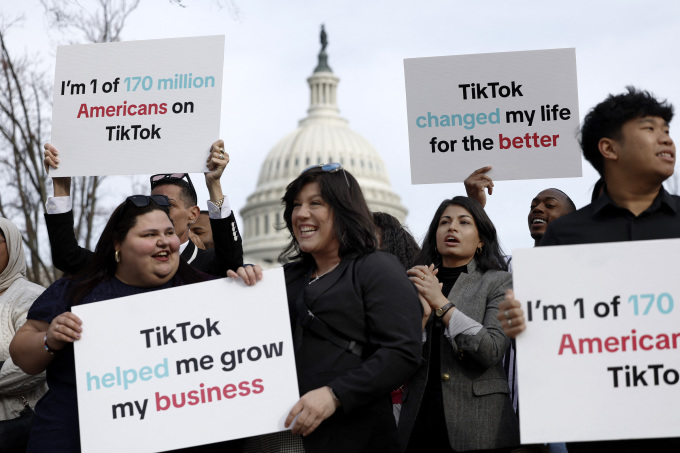
TikTok supporters gather outside Capitol Hill, Washington on March 13. Photo: AFP
However, some experts say PAFACA has the makings to help the White House win the legal fight, and the Supreme Court may be willing to prioritize national security over protecting free speech.
“TikTok won its last challenge to Trump’s executive order, but this time the law has been passed by a bipartisan Congress, which may make it easier for judges to get it,” said Gautam Hans, a law professor at Cornell University in New York. “However, without public information about the risks to US national security, it will be difficult for courts to confirm the validity of such an unprecedented law.”
TikTok supporters praised the company’s legal move. “TikTok’s challenge to the law is important, and we expect them to be successful,” said Jameel Jaffer, executive director of the Knight Institute for First Amendment Rights at Columbia University in New York.
According to Jaffer, the First Amendment means the government cannot restrict Americans' access to foreign ideas, information, or communications without a good reason. "And there is no such reason in this case," Jaffer added.
The U.S. District Court of Appeals for the District of Columbia Circuit could move quickly and issue a ruling, according to Bloomberg Intelligence analyst Matthew Schettenhelm. If TikTok decides to appeal, the Supreme Court could hear the case and issue a ruling in the second quarter of 2025.
“We think TikTok has a 30% chance of winning, with the Supreme Court making its first ruling in the fourth quarter of next year,” Schettenhelm said. “The White House has a better chance of winning, as the D.C. judge is not a national security expert and will defer to Congress unless there is clear evidence of a First Amendment violation.”
Nhu Tam (According to Reuters, NBC News )
Source: https://vnexpress.net/cuoc-chien-phap-ly-dai-hoi-giua-tiktok-voi-chinh-phu-my-4743594.html




![[Photo] Overcoming all difficulties, speeding up construction progress of Hoa Binh Hydropower Plant Expansion Project](https://vstatic.vietnam.vn/vietnam/resource/IMAGE/2025/4/12/bff04b551e98484c84d74c8faa3526e0)

![[Photo] Closing of the 11th Conference of the 13th Central Committee of the Communist Party of Vietnam](https://vstatic.vietnam.vn/vietnam/resource/IMAGE/2025/4/12/114b57fe6e9b4814a5ddfacf6dfe5b7f)



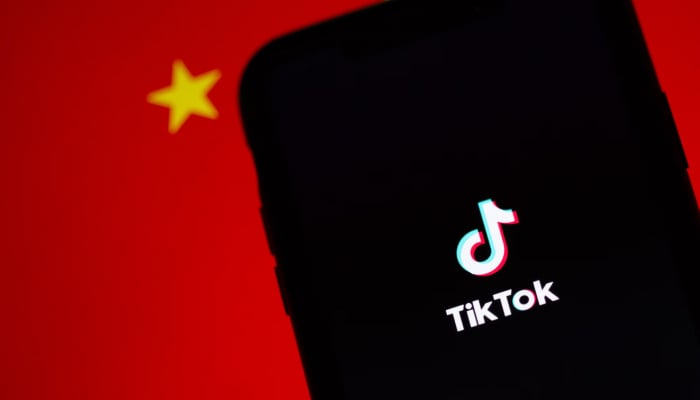

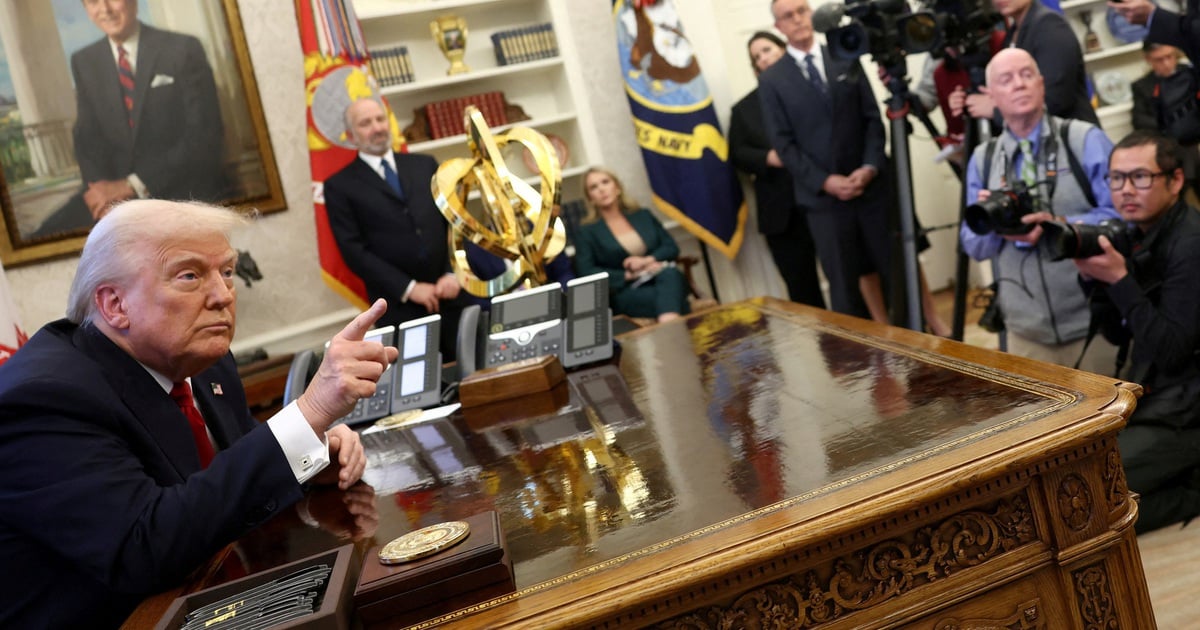

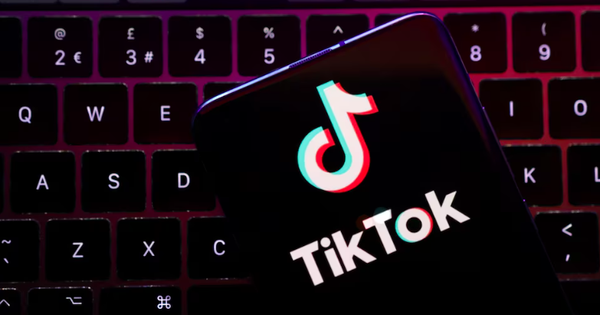

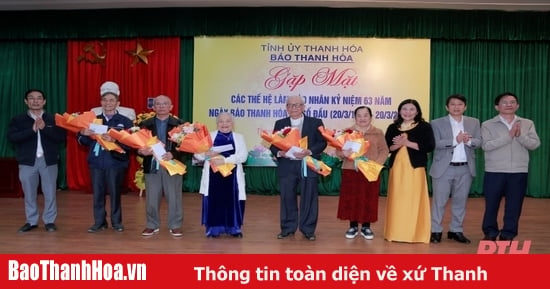































































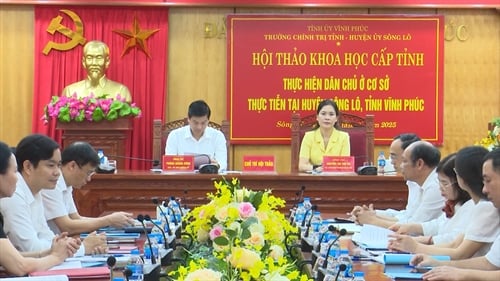

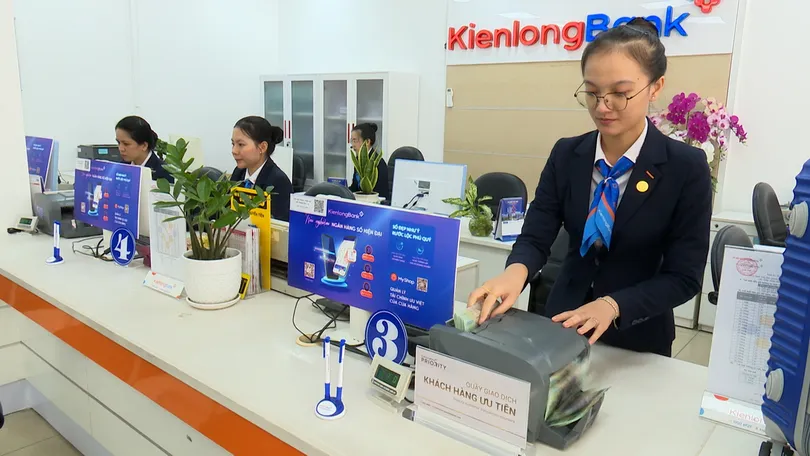












Comment (0)